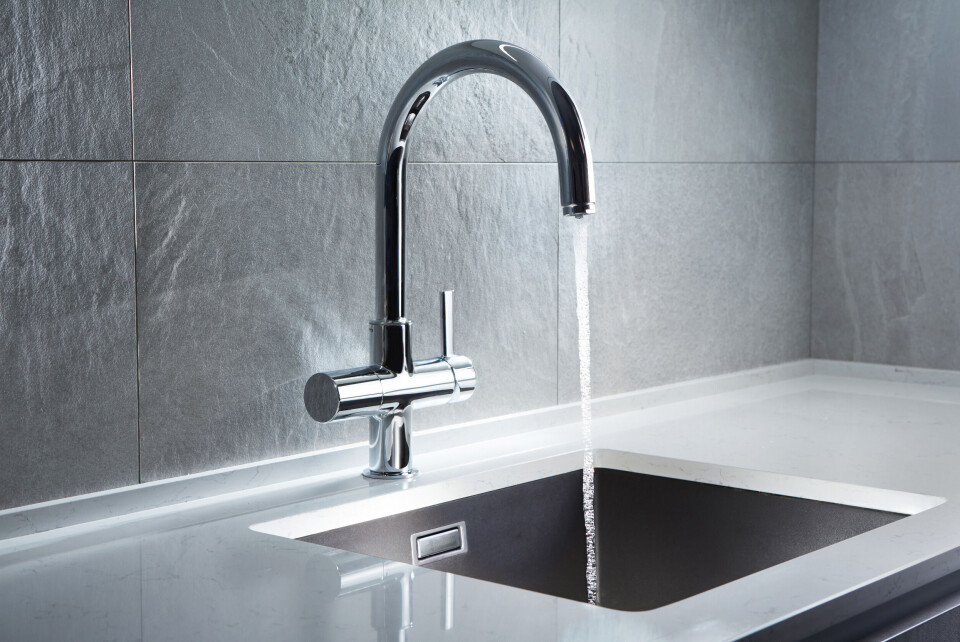-
How to check whether you will be fined for a speeding offence in France
Fines can be sent anytime after an incident
-
How to help wounded wildlife and strays in France
Is illegal to treat wild animals at home unless you have authorisation
-
MAP: French communes with ‘forever chemicals’ detected in tap water
The results come from a focused study on the excessive presence of PFAS in some water sources
Seven tips on how to save water and reduce your bills in France
It comes as the government announces plans to cut its consumption by 10%

France’s government wants to reduce its water consumption by 10%.
Public Service Minister Stanislas Guerini announced the ambition last week as part of government training for the ecological transition.
It comes after a record winter drought left France facing water shortages.
Here, The Connexion provides seven tips to help you limit water consumption, reduce your bills and help the environment.
Read more: How bad is the drought in France? See restrictions in your department
The average two-person household spends around €464 on their annual water bills in France, for an annual consumption of 108m³.
Unlike with gas and electricity, you cannot change suppliers in France, meaning that the only way to save money is by limiting water usage.
Taking a shower instead of a bath. It takes about 200 litres of water to fill a bath, but only around 75 to take a shower. You must be careful, however, if you prefer to take your time when cleaning, as a ten-minute shower uses the same amount of water as a bath.
Buy an energy-saving showerhead. This could reduce water consumption by around 50% when taking a shower and can cost as little as €20.
Install water-flow reducers on taps. For a few euros, it is possible to buy flow reducers to install on kitchen and bathroom taps, which use tiny air bubbles to reduce the flow of water by up to 50% - without reducing the water pressure.
Install a low-flow toilet flusher. The average person uses 36 litres of water per day by flushing their toilet, but installing a double-push system can help reduce this.
Use your dishwasher. Surprisingly, a dishwasher uses far less water than manually washing dishes (if you leave the tap running), provided you run the dishwasher with a full load. If you do not have a dishwasher, you can save water by using two bowls (one for washing and one for rinsing dishes)
Look for leaks in pipes and appliances. A leak can cost hundreds of euros per year, as well as waste hundreds of cubic litres of water. You should regularly make sure that there are no leaks in your pipes or drips coming from your toilet or taps.
Limit how and when you water your garden. Watering your garden in the morning or at night can help prevent the evaporation of water from the sun, and watering your garden less often but for longer periods will help moisten the ground. You can collect rainwater to water your garden as an alternative to using your main water supply.
Related articles
France allows local authorities to use wastewater after record drought
























